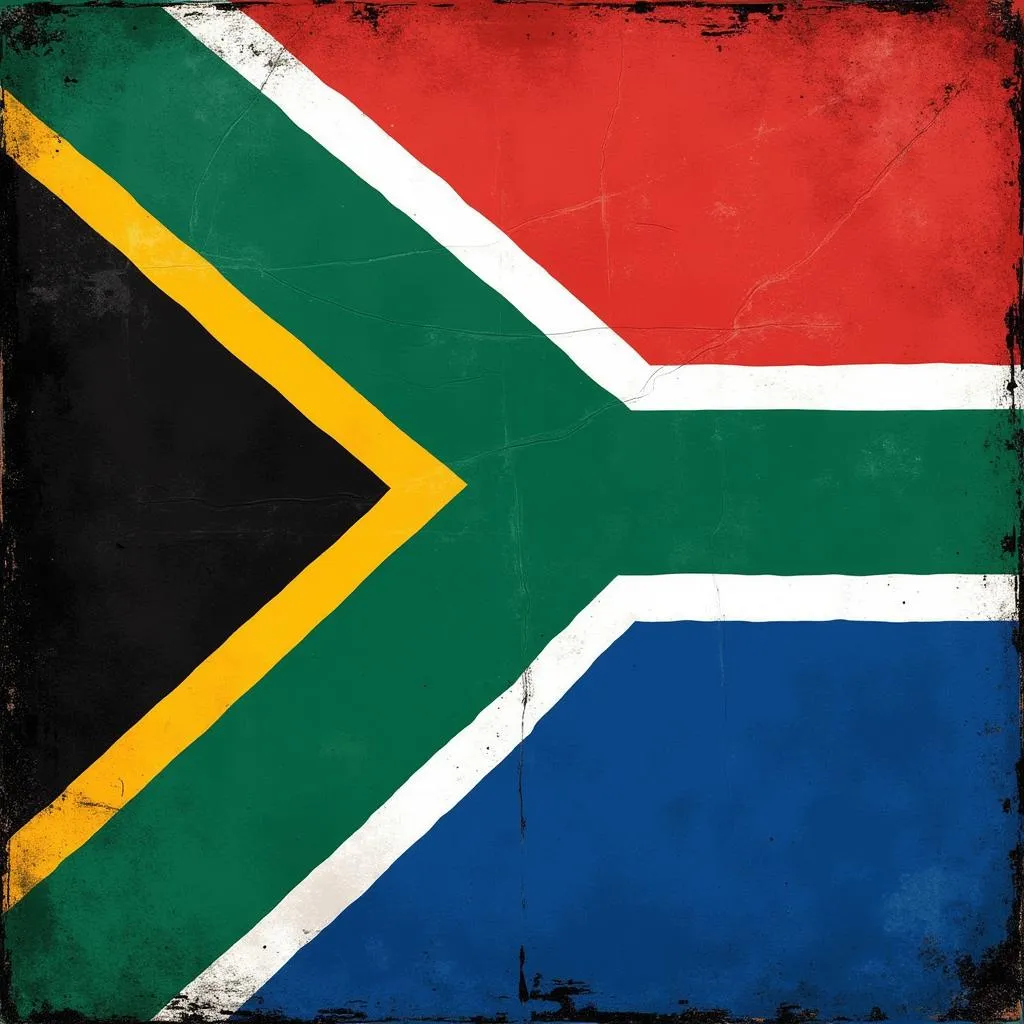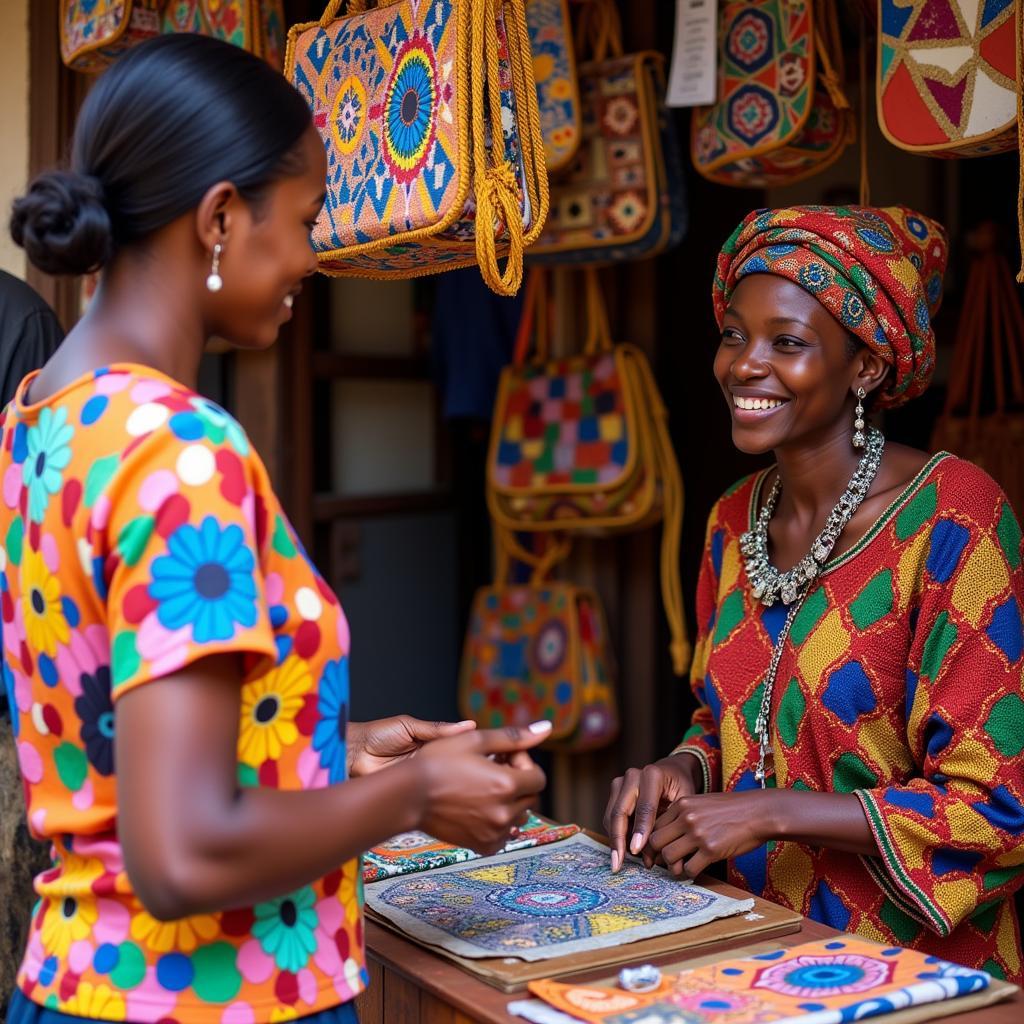African Circumcision: Ancient Rites and Modern Debates
African Circumcision is a deeply rooted practice woven into the cultural fabric of numerous communities across the continent. It represents a complex tapestry of traditions, beliefs, and rituals that vary significantly across different regions, ethnic groups, and even individual families. From rites of passage to markers of identity, this practice continues to be a subject of ongoing discussion and debate, raising important questions about cultural preservation, human rights, and public health. We delve into the history, symbolism, and contemporary context of African circumcision, exploring its diverse manifestations and the evolving conversations surrounding it. african circumcision ceremony
A Continent of Diverse Traditions
African circumcision practices are not monolithic. They differ significantly between male and female circumcision, and within those categories, further variations exist based on geographical location, ethnicity, and cultural norms. For males, the procedure can range from a simple removal of the foreskin to more elaborate rituals involving scarification and other symbolic acts. Among some communities, male circumcision marks the transition from boyhood to manhood, signifying maturity, strength, and belonging. In others, it holds religious significance, representing purity or a covenant with a deity.
Female circumcision, also known as female genital mutilation (FGM), encompasses a range of procedures that involve altering or injuring the female genitalia for non-medical reasons. These practices, often performed on young girls without their consent, have severe health consequences and violate fundamental human rights. The World Health Organization has classified FGM as a harmful traditional practice with no medical benefits.
The Symbolism and Significance of Circumcision
Across diverse African cultures, circumcision holds symbolic meaning that extends beyond the physical act. It often represents a form of identity, marking individuals as members of a specific group or tribe. The rituals accompanying circumcision are imbued with cultural significance, reinforcing social bonds and transmitting values from one generation to the next. In some communities, circumcision is seen as a crucial step in preparing individuals for the responsibilities of adulthood, including marriage and parenthood. The ceremonies surrounding the event often involve community celebrations, feasting, and the passing down of ancestral knowledge.
Modern Debates and Shifting Perspectives
African circumcision, particularly female circumcision, has become a focal point of international attention and debate. Human rights organizations, governments, and healthcare professionals are working to eradicate FGM due to its harmful effects on women’s physical and psychological health. These efforts involve raising awareness, educating communities, and providing support to those affected by the practice. While FGM is widely condemned, male circumcision remains a subject of ongoing discussion, with differing opinions on its medical necessity and ethical implications.
african female circumcision ceremony
Navigating the Complexities of Culture and Human Rights
The conversation surrounding African circumcision requires a nuanced approach that respects cultural sensitivities while upholding human rights. Efforts to address harmful practices must engage with communities respectfully, understanding the historical and cultural context in which these practices are embedded. Dialogue, education, and empowerment are key to promoting positive change and ensuring the well-being of individuals and communities.
Conclusion: African Circumcision in the 21st Century
African circumcision is a multifaceted issue with deep historical and cultural roots. As societies evolve, so too do the perspectives on these traditions. Understanding the diversity of these practices, their symbolic significance, and the ongoing debates surrounding them is crucial for navigating the complexities of culture, human rights, and public health in the 21st century. It is through informed discussion and collaborative efforts that we can work towards a future where cultural traditions are respected while ensuring the well-being and dignity of all individuals. African circumcision, in all its forms, continues to be a topic of vital importance, demanding careful consideration and ongoing dialogue.
FAQ
-
What is the significance of male circumcision in African cultures? It varies, but often symbolizes the transition to manhood, strength, or religious purity.
-
Why is female circumcision considered harmful? It poses serious health risks and violates human rights.
-
Are all forms of African circumcision harmful? No, male circumcision practices vary greatly, and some are not considered harmful. FGM, however, is always harmful.
-
What is being done to address FGM? International organizations and governments are working to eradicate FGM through education and community engagement.
-
How can I learn more about African circumcision traditions? Further research and respectful dialogue with communities are key to understanding these practices. african circumcision photos african female circumcision videos african circumcision video
Scenarios
- A young man approaching the age of circumcision might be curious about the traditions and significance of the ritual within his community.
- Parents might be seeking information about the health risks and ethical implications of female circumcision.
- Researchers could be exploring the historical and cultural contexts of different circumcision practices across Africa.
Further Exploration
Explore more articles on our website related to African culture, traditions, and health practices. Learn about the diversity of rituals and customs across the continent.
Contact Us
When you need assistance, please contact Phone Number: +255768904061, Email: [email protected] Or visit us at: Mbarali DC Mawindi, Kangaga, Tanzania. We have a 24/7 customer service team.


